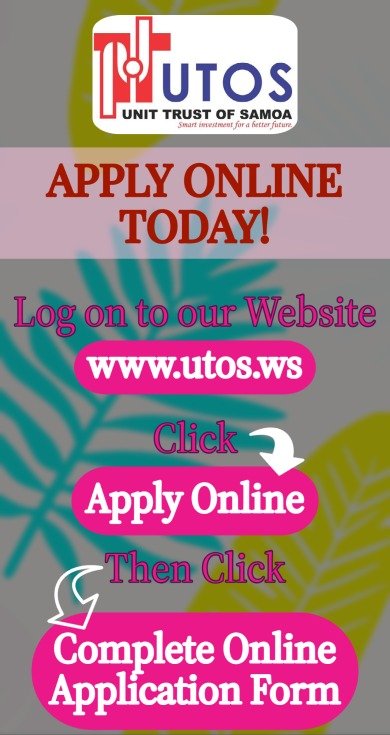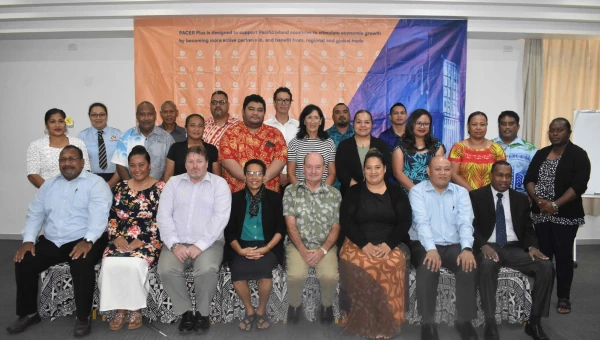ENHANCING REVENUE MOBILISATION IN THE PACIFIC: PACER PLUS DIALOGUE PROMOTES REGIONAL COLLABORATION FOR SUSTAINABLE GROWTH
Participants at the PACER Plus Dialogue for Revenue Mobilisation in Nadi, Fiji. (Photo: Supplied)
The Pacific Agreement on Closer Economic Relations (PACER) Plus Implementation Unit (PPIU) is currently hosting a three-day Dialogue for Revenue Mobilisation for PACER Plus parties in Nadi, Fiji. The event, running from February 27 to February 29, gathers representatives from PACER Plus signatories, including Australia, Cook Islands, Kiribati, Nauru, New Zealand, Niue, Samoa, Solomon Islands, Tonga, Tuvalu, and Vanuatu.
This regional initiative, in collaboration with key partners such as the Pacific Financial Technical Assistance Centre (PFTAC), the Pacific Islands Tax Administrators Association (PITAA), and the Oceania Customs Organisation (OCO), focuses on enhancing the capacity of customs and tax administrations. The aim is to empower officials with the skills necessary to navigate the changing economic landscape and promote sustainable growth in the Pacific region.
Mr. Alipate Tavo, PPIU Trade Adviser, emphasized the importance of the workshop, describing it as a unique opportunity to equip officials with the expertise needed to address evolving challenges effectively.
The dialogue facilitates knowledge sharing on best practices for tax regimes and revenue administration, encouraging strategic planning for both short-term actions and long-term structural reforms. By fostering discussions on regulatory and policy reforms, the event aims to support Rules of Origin (ROO) obligations and tariff commitments, ultimately contributing to increased trade and sustainable economic growth in the Pacific Island countries.
In essence, the Dialogue for Revenue Mobilisation underscores the commitment to regional collaboration and aligns with the overarching goal of PACER Plus to boost trade in the region. It is anticipated that the outcomes will extend beyond immediate capacity building to include improved regulatory and policy frameworks that support sustainable economic development.


